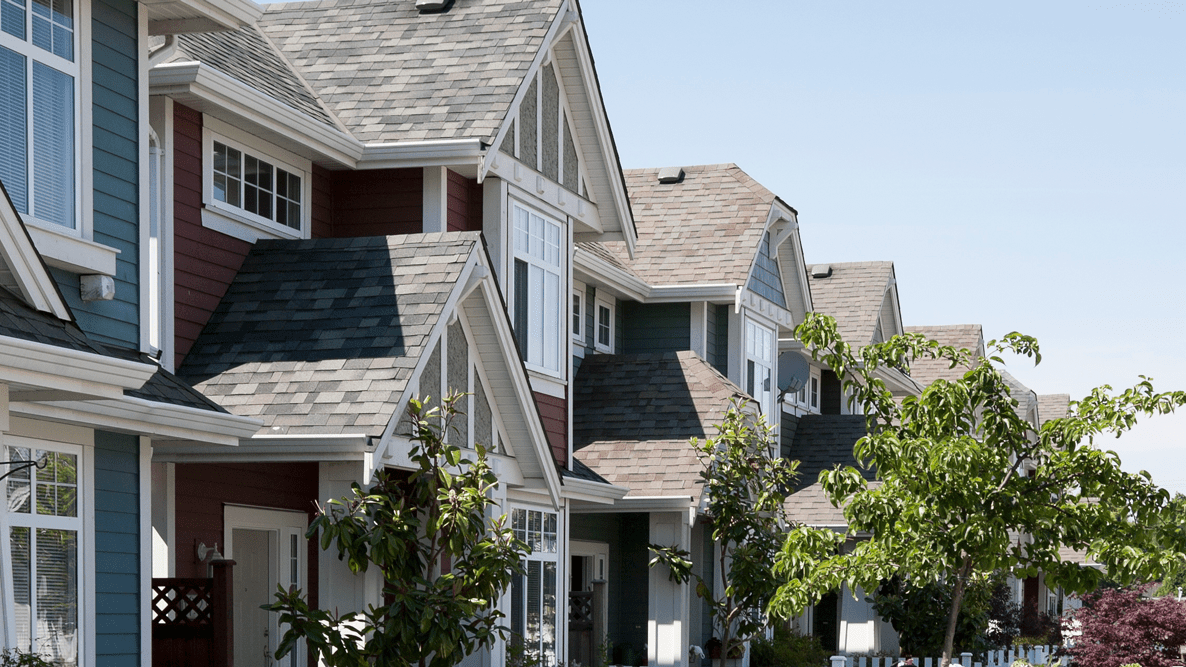How to Deal With a Less Competitive and Pricey Housing Market – Let’s not try to rationalize it. If you want to buy a house this year, you’ll probably have to compete with a lot of other people. Homes are being sold almost as soon as they hit the market, and because there aren’t many of them to choose from, they’re selling for much more than their list price. What’s going on with the housing market? In short, it’s an old story about how demand is higher than supply.
Most people have a big chunk of their wealth in real estate, and this is especially true for many homeowners in the U.S. According to the Federal Reserve’s Survey of Consumer Finances, 64.9% of American families owned their main home in 2019. Due to its size and scope, the real estate market is a good place for investors to make money. After years of being crazy, the housing market is now in a state that has never been seen before.
According to the report, prices are high but are slowly but steadily becoming more stable, and the number of competitors is going down. Compared to the last few years, when fierce competition drove prices to record highs, this change is worth paying attention to. Buying and selling a home is a big step for many people, and the whole process can be scary if you look at it from a big picture perspective, even if the market wasn’t so tough and confusing.
People Also Read: Paul Simon Sells Connecticut Estate at Multi-Million Dollar Loss
Here’s a quick breakdown of what you need to know about the market right now if you want to get the best deal on your dream home or sell it quickly:
1. Weigh the demand and supply
The market is on track to become more balanced, but there is still a high demand and a low supply. Chris Masiello, CEO and president of BHG Real Estate, the Masiello Group, says that when it comes to the housing market, we’re in uncharted territory. This uncertainty goes back to the Great Recession of 2008, when the building industry was hurt.
In the last 10 to 14 years, only 40% as many homes have been built. At the same time, the types of homeowners have grown to include younger generations who want to buy their first home and baby boomers who want to “age in place.”
“The situation we’re in today is kind of a result of these two things,” says Masiello. “We have less inventory, and our population is growing.” “The market has definitely slowed down a bit since interest rates went up. The market itself is kind of catching its breath.”
Basically, the rate of appreciation was going up too fast (more than two years of 20% annual appreciation), so home values are now expected to go down over time, but the market is still very hot.
2. Don’t forget that it’s still a sellers market
Even though the pandemic is over, people are still selling their homes for a lot of money. This is especially true if they bought their home before the pandemic. Amanda Pendleton, Zillow’s home trends expert, says that home values are 16% higher than they were a year ago and 44% higher than they were before COVID. However, they have gone down from month to month.
Since there are fewer homes on the market and more people who want to buy them, sellers can set a strong price. But the market is rebalancing, so if you want to sell in the next few months, make sure you have realistic expectations: Even a few months ago, you might not get the sky-high sale price you thought you would.
3. If you’re going to sell, start getting ready as soon as you can
Zillow research shows that one of the biggest regrets sellers have is that they didn’t give themselves enough time to get their home ready. For example, they wish they had taken on projects that would have increased the value of their home, like painting and landscaping.
“In today’s market, you can’t just put a “for sale” sign up and expect people to start making offers,” says Pendleton. “No, that’s not how it works.” To get your home ready to sell, you have to roll up your sleeves and do a little bit of work.
4. If you are buying, you have a bit more time to decide
Because of high prices and mortgage rates, fewer people can afford to move, but there are still people who can. Homes are selling quickly. If they are priced right, the average time they’re for sale is 10 days. That’s not as fast as it was during the pandemic, but it’s still pretty quick: In 2019, it would take about three weeks for a house to go from being listed to being under pending.
Masiello says that since there is less competition today, the buyer’s value is also a little bit higher. “In this market, sellers are still in charge, but as a buyer, you’ll have more choices,” says Pendleton. “You’ll have less competition, and you’ll have more time to think about your decision, which is good for a buyer.” In other words, you are less likely to get into a bidding war.
Even though 19% of homes have lowered their prices, Pendleton says that doesn’t mean you should wait around for a much better price. “As the housing market starts to get better, home values and prices won’t drop by a lot,” Pendleton asserts.
5. Talk to local real estate agents
A local agent will know and understand what’s going on in your city or neighborhood better than anyone else, giving you an advantage over the competition. Find a good real estate agent by asking friends and family for recommendations, reading online reviews, and having a few interviews.
Masiello says that if you are buying, you should tell your agent about your needs and not your wants. “I think it’s important to be realistic about that,” he says. “Once you get the property, if it has good potential, then you can put your signature on it,” he says. “I think it’s important to be realistic about that,” he says. “Once you get the property, if it has good potential, then you can put your signature on it,” he says.
People Also Read: 6 Best Tips for Selling a Home When You Own Pets
6. Set a fair price
If you want to sell your home, you need to make sure it’s priced right. If not, it might stay on the market for a long time. Ask your agent what the right price is, and let them help you with pricing. Ask your agent what the right price is, and let them help you with pricing.
Masiello says, “The longer an overpriced listing is on the market, the less it’s worth.” “If the house is in good shape, in a good location, and you’ve priced it fairly, and there is a price on the market to be had, you’ll naturally get it through the multiple-offer process.”



